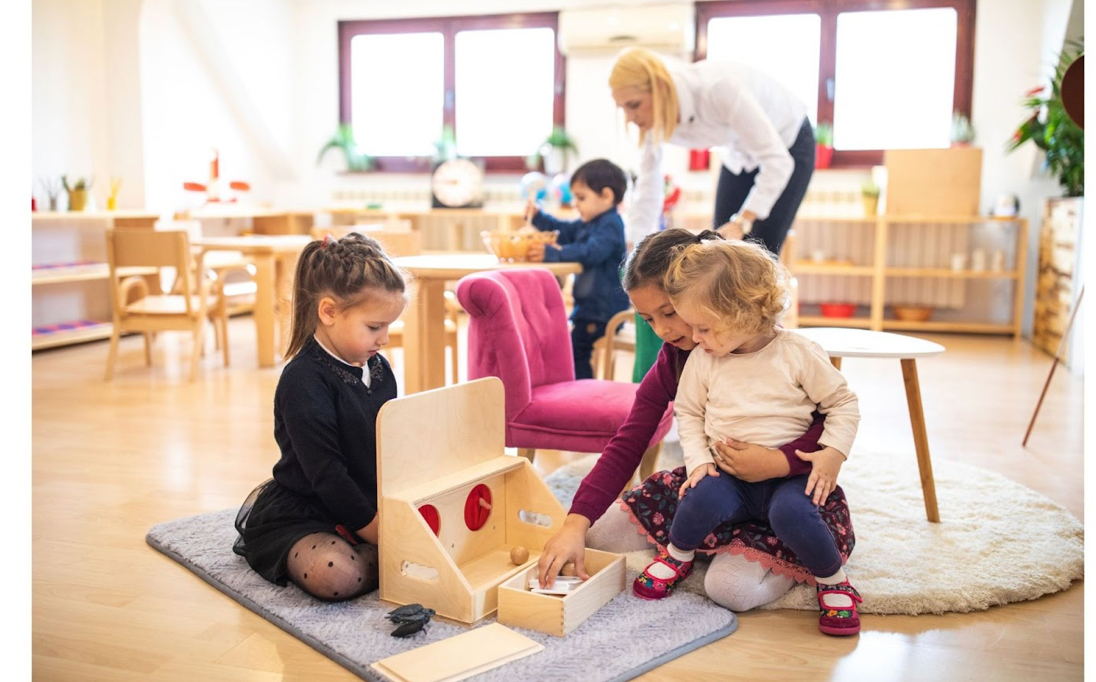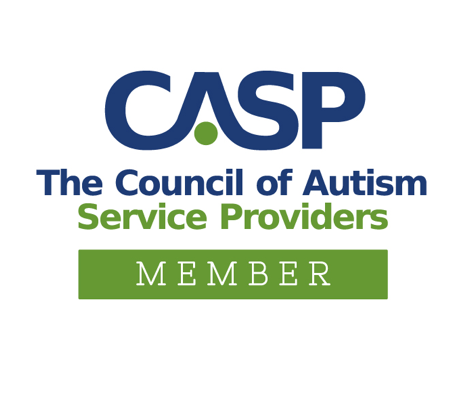Sunflower Development Center LLC
Kate Goslin • May 14, 2025
What to Do After an Autism Diagnosis: A Guide for Families
Your Child Is Still Your Child
The diagnosis does not change who your child is. It simply gives you a new understanding of how they experience the world. This can be the beginning of finding the support they need to thrive. Your child’s strengths, personality, and potential remain beautifully intact.
You Are Not Alone
Families often feel overwhelmed after receiving a diagnosis, but you are not in this alone. Many parents have walked this path and there is a wide network of support available. There is no rush to figure everything out all at once. Take the time you need to process, ask questions, and begin exploring what is best for your child and your family.
What Autism Means
Autism, or Autism Spectrum Disorder, refers to a range of developmental differences that impact communication, social interaction, and how a person engages with the world. Autism is not a problem to be solved. It is a difference in how someone thinks, feels, and relates. While challenges may exist, many children with autism have incredible strengths. These can include deep curiosity, strong memory, creative thinking, or unique ways of connecting.
Building Your Team
A key step after diagnosis is finding professionals who will truly support your child as an individual. This often includes:
- A Board Certified Behavior Analyst (BCBA)
- A speech-language pathologist
- An occupational therapist
- A developmental pediatrician or neurologist
- A care coordinator or advocate if needed
Look for providers who value your input, respect your child’s voice, and support progress without trying to change who your child is. At Sunflower Development Center, we believe in working with your child, not against their nature.
Understanding ABA
Applied Behavior Analysis (ABA) is one of the most widely studied approaches to support children with autism. At its core, ABA is about teaching meaningful skills in small, achievable steps. This can include helping a child learn to communicate more effectively, gain independence with daily routines, or build positive social relationships.
But you may have heard mixed messages about ABA. That is understandable. ABA has evolved over time. The best ABA today is not rigid or compliance-focused. It is not about forcing eye contact or suppressing a child’s natural behaviors. In fact, that kind of practice is something many providers have moved away from completely.
At Sunflower Development Center, we practice child-led, naturalistic ABA. This means we follow your child's motivation and interests. We teach through play. We do not use rewards that feel disconnected from your child’s world. We prioritize communication, autonomy, joy, and safety. We also welcome and support neurodiversity. Our goal is to help your child thrive as themselves.
If you have concerns about ABA, ask questions. The right provider will take time to explain, collaborate, and earn your trust.
Speech and Occupational Therapy
Alongside ABA, many children benefit from speech therapy to support language and communication, and occupational therapy to help with sensory needs, fine motor skills, and regulation. These therapies work best when they are integrated into a child’s daily routines and are respectful of their individual sensory and communication profile.
Choosing the Right Setting
ABA services can happen in different settings. Some families prefer home-based care, where learning happens in the natural routines of the household. Others benefit from community-based support or a center-based program. At Sunflower Development Center, we offer all three options, with speech and OT provided at our Raynham center.
For children enrolled in our center-based ABA program, services are available between 8:30 am and 5:30 pm, Monday through Friday. This allows for high-quality care during peak learning times while supporting balance and structure for families.
Supporting Yourself Along the Way
This journey can be emotional and intense. Remember to take care of yourself. Seek support. Talk with others who have been there. There is no right way to feel and no perfect timeline for adjusting. You are learning just as your child is learning.
Moving Forward with Confidence
This diagnosis is not the end of something. It is the beginning of new understanding, new strategies, and a stronger connection with your child. You will learn to see the world more clearly through their eyes. That can be a beautiful gift.
We are here to support you with high-quality, compassionate, family-centered services. If you are ready to take the next step, or just want to talk about your options, reach out. We are here to listen, help, and walk beside you.



